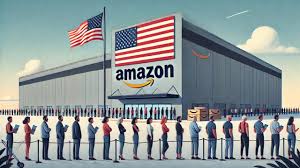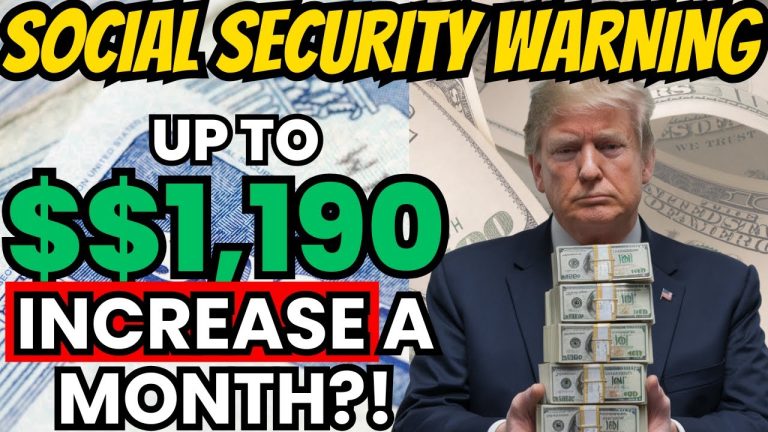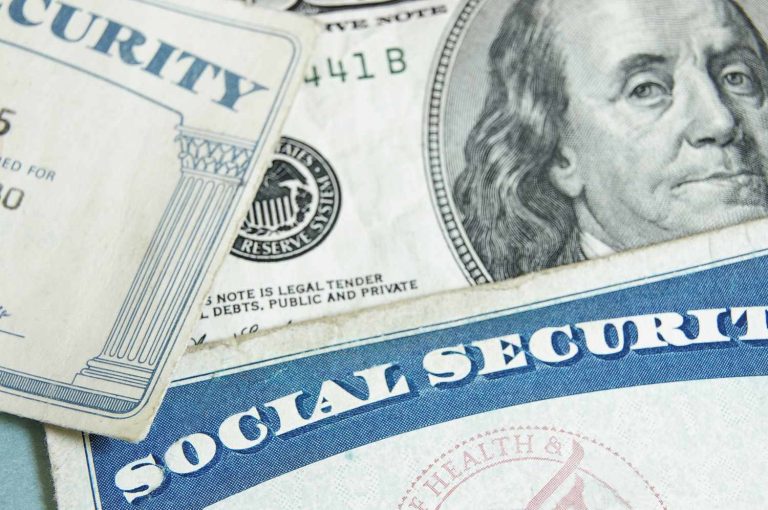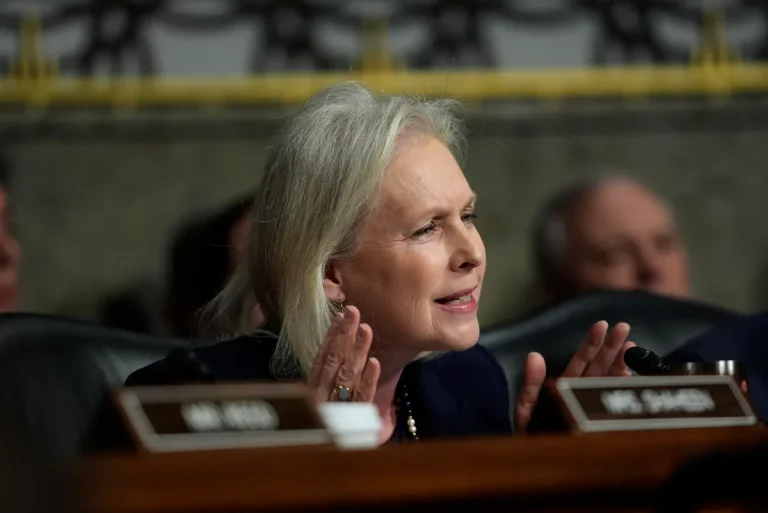Introduction: Top U.S. sellers on Amazon are increasingly frustrated by the dominance of Chinese competitors on the platform. Many feel that Amazon’s embrace of China-based merchants has created an uneven playing field, one that favors foreign sellers over domestic ones. These U.S. sellers are calling for government intervention, even appealing to former President Donald Trump, to address what they describe as unfair competition fueled by tax advantages, regulatory loopholes, and aggressive tactics by Chinese merchants.
The Rise of Chinese Sellers on Amazon: Over the past decade, Amazon has focused heavily on expanding its global marketplace, actively recruiting Chinese merchants to list products on the platform. While this has allowed Amazon to offer a broader selection of goods at lower prices, it has also led to a surge in Chinese sellers competing directly with U.S.-based merchants.
One key issue is the lack of a level playing field. Many Chinese sellers benefit from significant advantages, including lower operational costs, the ability to avoid U.S. taxes, and access to trade loopholes like the “de minimis” exception. This rule allows them to ship orders valued under $800 to the U.S. without paying tariffs, giving them an unfair price advantage over U.S. sellers.
The Complaints of U.S. Merchants: Shinghi Detlefsen, a former Amazon corporate employee and now a merchant on the platform, has become a vocal critic of the system. He argues that Chinese sellers are not necessarily outperforming U.S. sellers due to lower production costs but are instead leveraging these tax advantages and regulatory loopholes. Moreover, some Chinese merchants bypass Amazon’s insurance requirements, contributing to their ability to cut costs.
Detlefsen, along with other Amazon sellers, has voiced concerns about tactics employed by some Chinese merchants, such as posting fake negative reviews to damage competitors’ products. This has further exacerbated the sense of unfair competition and led to calls for changes in the way Amazon handles its international sellers.
Calls for Government Intervention: As the market share of Chinese-based Amazon sellers continues to rise, U.S. sellers are calling for more governmental oversight and intervention. Detlefsen and his group have started to advocate for changes that would help level the playing field. These include a push to remove the “de minimis” loophole, which allows Chinese sellers to ship products to the U.S. tariff-free. Additionally, they are pushing for foreign sellers to register as U.S. entities, pay taxes in the U.S., and have a designated U.S.-based representative responsible for compliance.
Mark Cuban, billionaire entrepreneur and investor, has also weighed in on the issue. Cuban, who has invested in numerous businesses affected by counterfeiting, has proposed that Chinese merchants be required to register their products on a government website for review before they can be sold online. He believes this would help address the growing problem of counterfeit goods flooding U.S. marketplaces.
Amazon’s Response: Amazon has acknowledged the concerns of U.S. sellers, stating that the company continues to work closely with them to create a positive experience. However, a spokesperson from Amazon emphasized that bad actors represent a tiny fraction of overall activity, and the company has measures in place to prevent abuse.
Despite this, Amazon’s efforts to address counterfeit products and review abuses have not completely satisfied the U.S. seller community. Many feel that Amazon’s rapid expansion of Chinese sellers has come at the expense of American businesses, pushing them to the brink of obsolescence.
The Impact of Chinese Sellers on U.S. Businesses: The surge in Chinese sellers has not only affected small merchants on Amazon but also raised concerns about the future of local manufacturing and job creation. According to Marketplace Pulse, Chinese sellers now account for more than 50% of the U.S. marketplace share, a figure that could be even higher as some sellers misrepresent their business addresses to appear as if they are based in the U.S.
While Amazon’s global expansion has led to lower prices and more product selection for consumers, critics argue that it could ultimately result in the collapse of U.S.-based sellers, manufacturers, and retailers. Juozas Kaziukėnas, founder of Marketplace Pulse, warns that if this trend continues, it may lead to the loss of local jobs and tax revenue, which could have long-term consequences for the U.S. economy.
Conclusion: The growing dominance of Chinese sellers on Amazon has sparked a heated debate about the future of online commerce in the U.S. U.S. sellers, who feel squeezed out by unfair competition, are calling for government intervention to create a more level playing field. Whether through changes to tax laws, new regulations for international sellers, or other measures, the demand for action is clear. As the battle for market share intensifies, the question remains whether Amazon will be able to balance its global ambitions with the needs of its domestic merchant base.
Disclaimer – Our editorial team has thoroughly fact-checked this article to ensure its accuracy and eliminate any potential misinformation. We are dedicated to upholding the highest standards of integrity in our content.




























+ There are no comments
Add yours